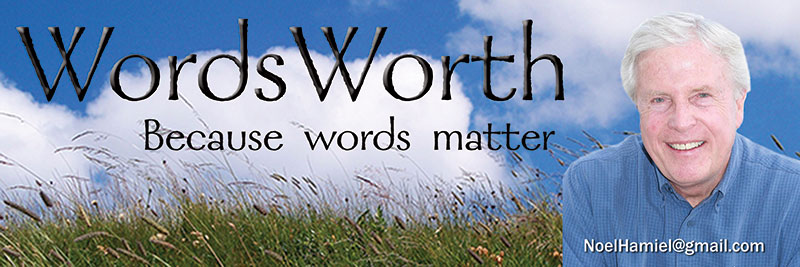Handshake: The grasping of right hands by two people as a gesture of greeting, leave-taking, congratulation, agreement, or the like. – American Heritage Dictionary
More years ago than I care to count, I met Clayton Jennings at his ranch home near Highmore. He was polite, curious, and unassuming, nothing like you might expect of a cattle baron.
Clayton was the younger of the famous Jennings brothers, who built a cattle empire in central South Dakota in the 1950s and 1960s and named it the Hyland Angus Ranch. Clayton comes to mind these days not because of his ranching achievements, or even
his induction into the South Dakota Hall of Fame in 1985 along with his brother, Ted. It is because of his autobiography, “Handshake, Code of the West,” which spells out by numerous examples a time when a handshake was a binding contract.
I learned the hard way that this isn’t always the case. I thought I had purchased a home in a South Dakota city after a job relocation. The owner and I agreed on a price, and shook hands on it. I returned to a different state to get my wife’s signature on the purchase agreement, and then called the seller on my return.
“I won’t sell it,” he said. “I’ve changed my mind.”
“We had a deal,” I said. “I’ve already made all the arrangements with the moving company.”
“I can’t do it,” he said, and would offer no reason for the decision. Fortunately, I was able to scramble and find a different home by the time the moving van arrived.
Last week, when the airways were filled with reports about pressure being placed on electors to change their votes and “vote their conscience,” I wondered why any of the Electoral College voters would even consider it. They had pledged to vote for the candidate who won the popular vote in their state. They had given their word.
As it turned out, most lived up to the pledge. Only a handful of electors broke their promise and voted for a different candidate. Ironically, most of those were pledged to Hillary Clinton even though the many protests were against Donald Trump.
Who cannot be concerned, even deeply disturbed, when an elector is pressured and even threatened in some cases if he doesn’t change his mind and vote contrary to what he had pledged? Voting your “conscience” should mean keeping your word as a demonstration of ethical and honest behavior. Thankfully, almost all of the electors saw it that way.
Dec. 28, 2016
